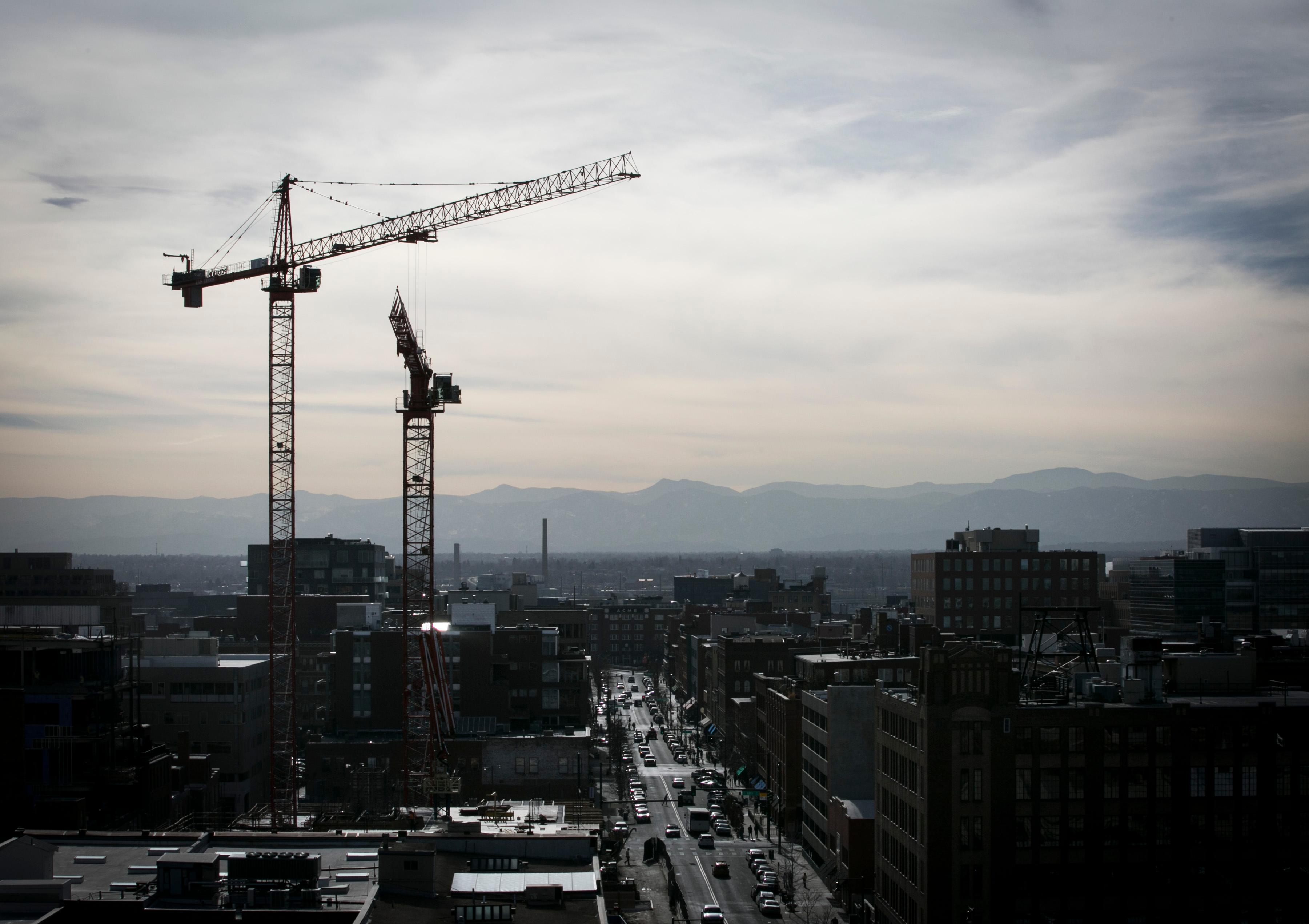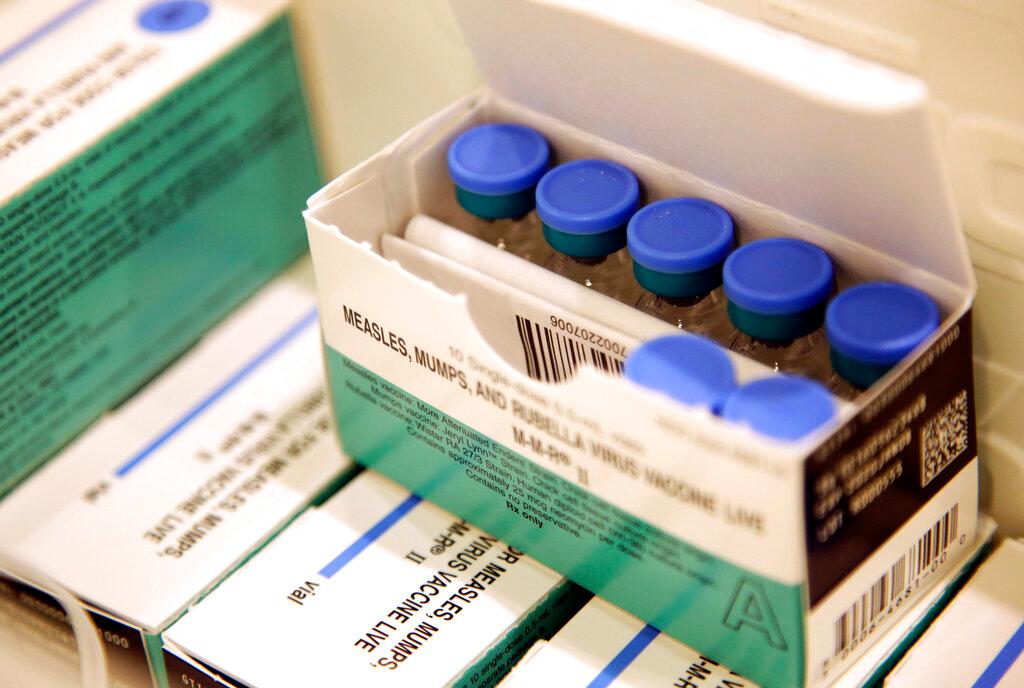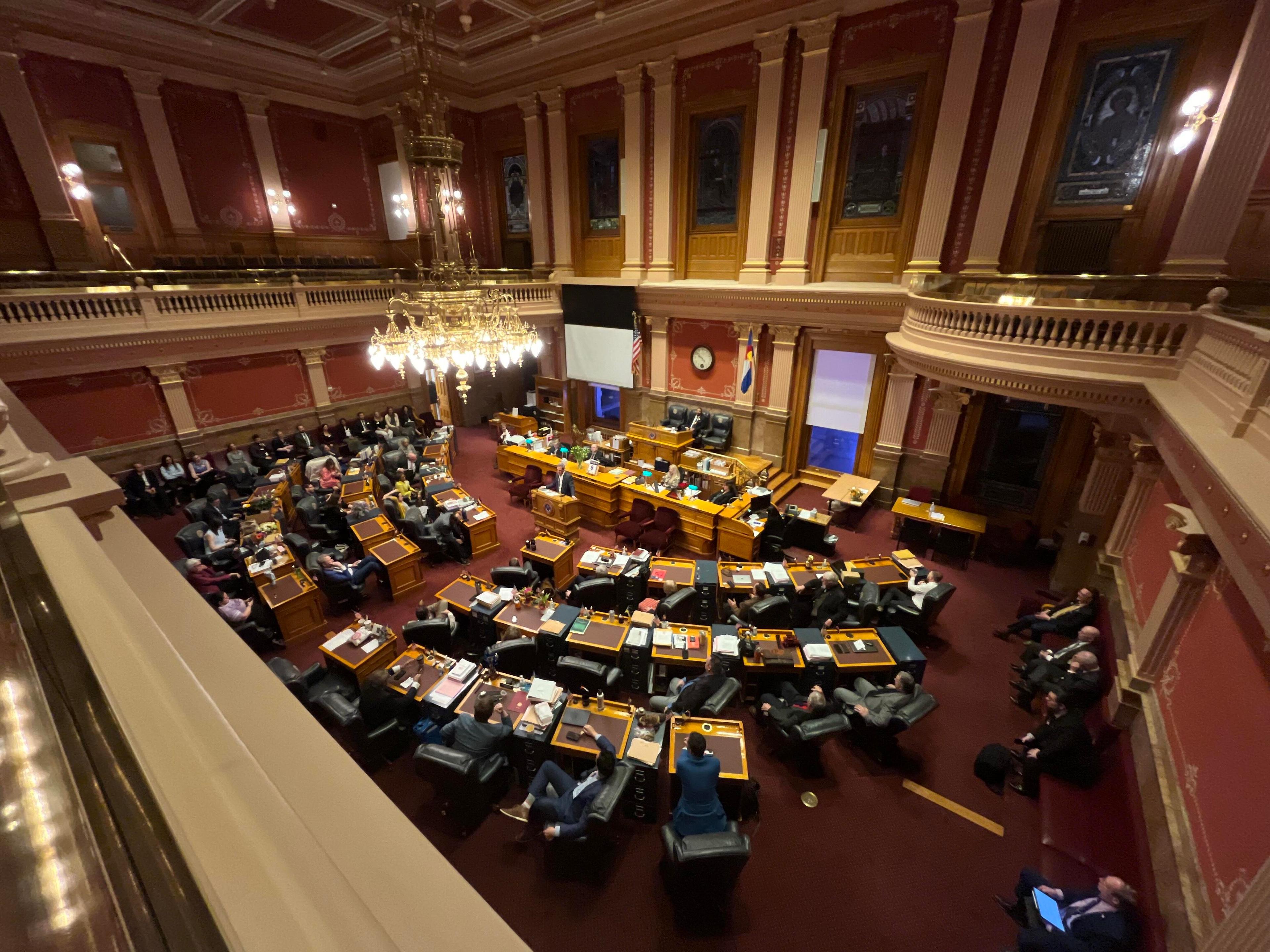
A potentially telling economic indicator just turned negative for the first time since the Great Recession.
A regular survey of state business leaders by the University of Colorado Boulder found increasing pessimism about the economy. The survey results are distilled into an index, and anything below 50 is a bad reading. Respondents rated the economic outlook 46.9.
“A little pessimistic, not horribly so,” said Richard Wobbekind, executive director of the Business Research Division at CU Boulder, and one of the authors of the report.

Businesses are most concerned with the national economy, rating it significantly below Colorado’s.
“The most commonly cited reasons by survey responses for the pessimism included trade, politics, the economy, and uncertainty,” reads the report.
Trade talks with China don’t appear to be progressing, and businesses are starting to get worried.
“There’s too much uncertainty,” Wobbekind said. “It’s not necessarily the tariffs, it’s the uncertainty about how they are going to be resolved.”
At first glance, things look great in Colorado. Unemployment is at 2.8 percent and wages are rising. Oil and gas production is up 12 percent over last year’s record output. Home prices continue to climb. And tower cranes still crowd the Denver skyline.
But there are some signs of a slowdown. Home prices rose, but just 3.1 percent in July, below the national average for the first time in five years, according to the S&P Case Shiller Index.
And there may be less construction in the coming year. Newly started construction is down 25 percent compared to this time last year, according to Dodge Data and Analytics. Colorado home building permits for future residential declined 10 percent for single family homes, and 17 percent for apartment units. Construction employment remains near all time highs, but hasn’t grown for more than a year.
Wobbekind said there’s little threat of recession in the near term.
“We just don’t see that on the horizon,” Wobbekind said.
When it comes to most key economic measures in Colorado, “we’re pretty much a top 10 state,” Wobbekind said. “But we do see it slowing down, sort of in sync with national economy.”









